![enable-these-functions-to-make-your-android-phone-more-productive-[video]](https://betadroid.in/wp-content/uploads/2025/01/1730-enable-these-functions-to-make-your-android-phone-more-productive-video.jpg)
Contents
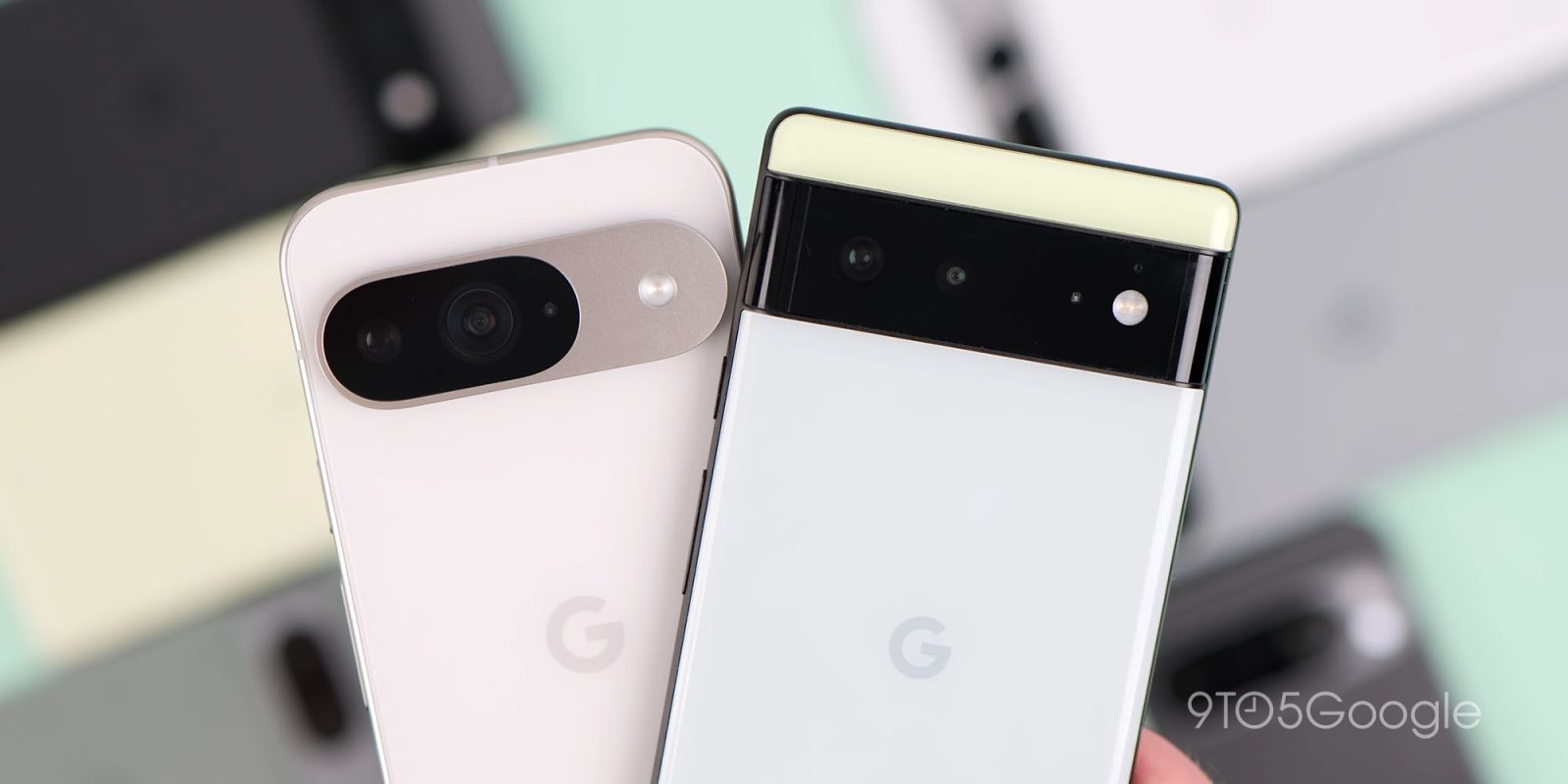
Getting the most from your phone is easier than ever, but squeezing out a little more productivity requires some extra steps. Here are a few things you should enable to help improve your experience and make your Android phone a little more productive.
Table of contents
- Dismiss notifications across Pixel devices
- App archiving
- Hotspot 6GHz mode
- Private space
- Authenticate with biometrics before filling in passwords
- Focus mode
- Extra dim
- Flash notifications
- App pairs
- Circle to Search
- What features do you use to make your Android phone more productive?
A quick precursor to this guide: you may need to check which Android version you are currently running. Most of our tips are aimed at devices running Android 15 (or higher). So, if something isn’t on your phone, maybe it’s time to update if you haven’t already. If not, don’t worry; most will work, and Android 15 features are noted.
Dismiss notifications across Pixel devices
Pixel devices running Android 15 now offer a convenient new feature: automatic notification dismissal across multiple devices. This means that if you dismiss a notification on your Pixel phone, it will also disappear from your Pixel tablet, and vice versa. This feature is particularly helpful for users who own a Pixel phone and a Pixel tablet, as it reduces annoyances and syncs your notifications. It’s not a catch-all solution to make you more productive across your Android devices, but it may help with digital clutter.
To enable cross-device notification dismissal on your Pixel devices, open the Settings app, go to Notifications, select “Dismiss notifications across Pixel devices,” choose your account, and toggle the feature on.
App archiving
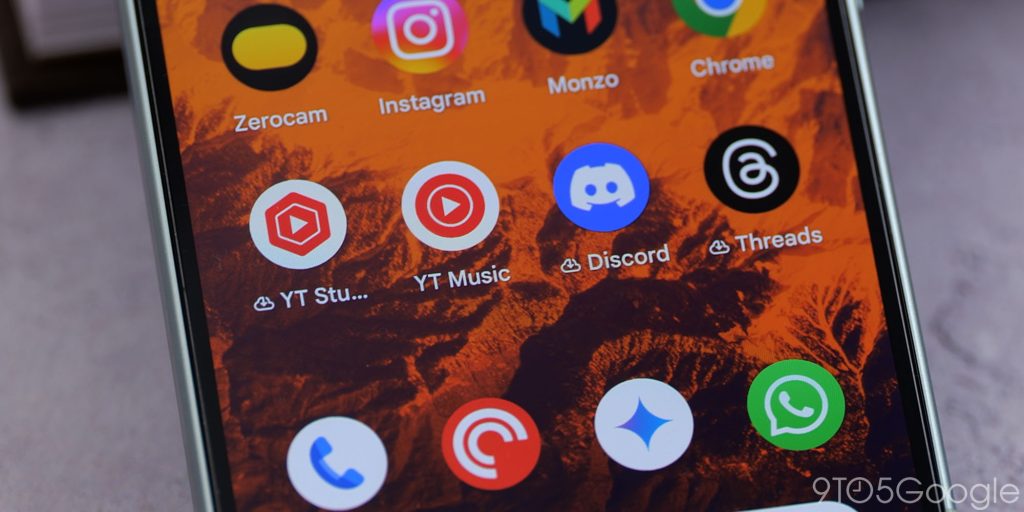
Android 15 introduces a new feature called app archiving. This allows you to temporarily remove apps from your device to save storage space without deleting their data. When an app is archived, its icon remains on your home screen, but the app’s software and temporary files are removed. Some apps may do this by default if you hit your device storage limit. So long as you have data or a Wi-Fi connection, tap the app icon, and it’ll re-download and work normally.
You can manually archive apps or let the Play Store automatically archive unused apps. That setting needs to be toggled by going to the Play Store > Settings > General > Automatically archive apps the toggle “on.” To restore an archived app, simply tap its icon. You can also prevent specific apps from being archived automatically by disabling the “Manage app if unused” setting in the app’s info page. All of your app data is saved, so it’s a foolproof way to stop space being eaten up by unused apps on your phone.
Hotspot 6GHz mode
If you have devices that support it, you owe it to yourself to enable the fastest data transfer rates for Wi-Fi. The mobile hotspot mode lets you enable 6GHz mode to enable smoother and faster data rates when sharing your connection – hence making things other than your Android phone more productive.
If your devices are compatible with the 6GHz band, you can significantly boost the speed and reliability of your mobile hotspot. By enabling 6GHz mode, you’ll unlock faster data transfer rates, especially in areas with high Wi-Fi congestion. This can be particularly beneficial for activities like streaming high-definition videos or online gaming.
The downside is that availability may vary depending on your region and carrier. Some regions have specific regulations governing the use of 6GHz frequencies. To check, head to Settings > Hotspot > Speed and compatibility > 6Ghz.
Private space
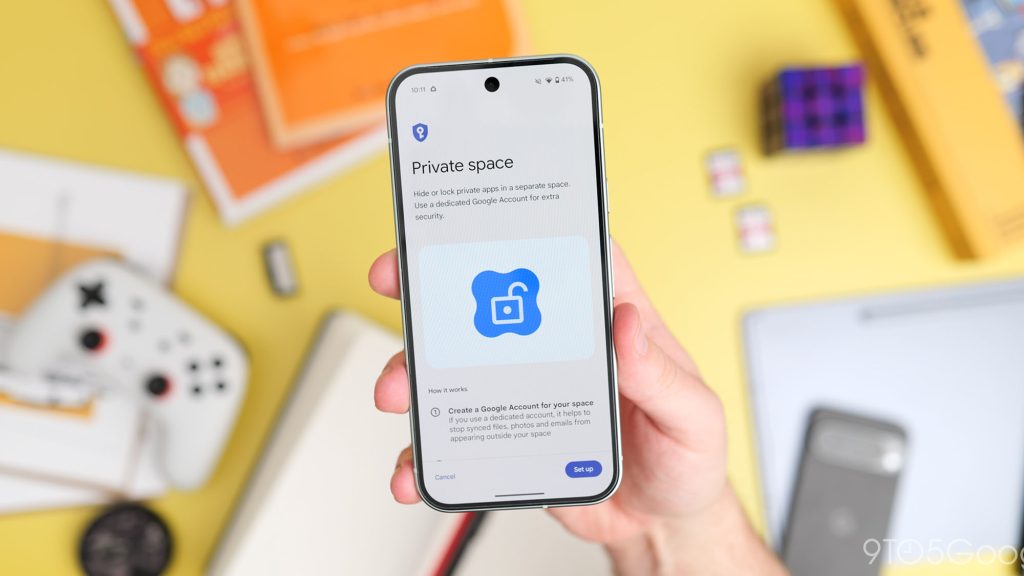
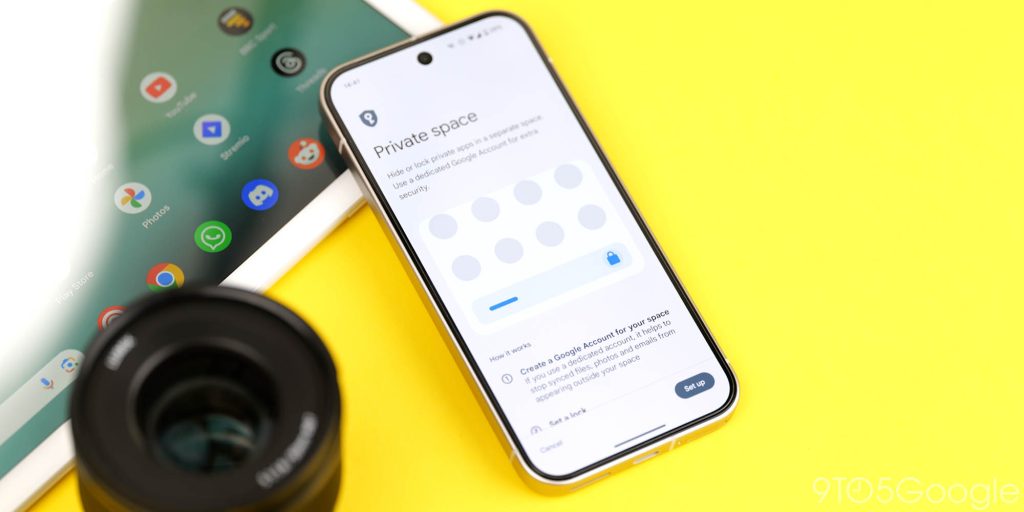
Lots of phone manufacturers offer work and personal accounts to help separate your private and professional life, but on Pixel, this manifests as “Private space.” Introduced in Android 15, it’s basically a siloed portion of your phone where you can add or store personal files, banking applications, and other sensitive stuff.
It’s also a great way to keep things separate and away from the “fun” side of your phone so that you have a productive side separate to the core Android interface. Logging in with a unique Google account gives you the ability to download apps, games, and other stuff from the Google Play Store, but also stops content from appearing anywhere else on your phone.
Authenticate with biometrics before filling in passwords
The autofill feature in Android is great for quickly logging in to your accounts and the various services needed on a day-to-day basis. However, if someone bypasses your lock screen, the autofill function can be insecure. That’s why you should enable another layer of security by requiring biometric authentication before a password is automatically entered.
It might seem like overkill, but trust us, it’s worth enabling. Ordinarily, your phone will just breeze through this process, but go to Settings > Security & privacy > More security and privacy > Autofill service from Google > Passwords and autofill > Preferences > Authenticate with biometrics before filling in passwords. Now, when you try to log in, you’ll need to use your Face Unlock or scan your fingerprint before it tries to log in.
Focus mode
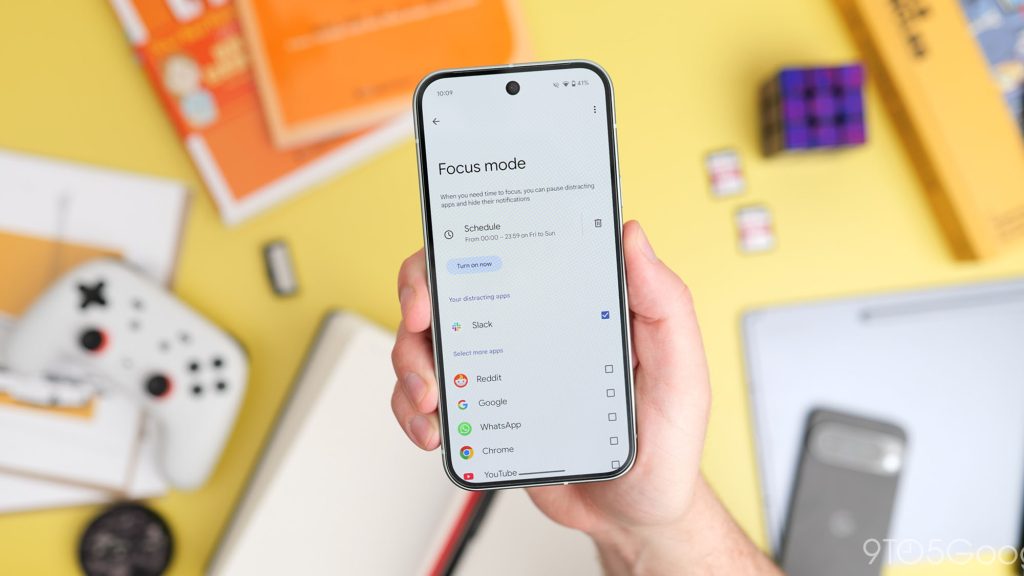
Google hasn’t added Modes yet, but the default Focus mode is a super simple way to silence distracting apps or limit them from being used. It’s part of the Digital Wellbeing suite and lets you set up a basic schedule with times and days in which certain applications are locked or blocked from being fully opened.
It does mean that you will get zero notifications from the “distracting apps” you have chosen to be silenced during this schedule. You can still open them, but you’ll have a 5-minute window before they close again, or you can unpause the apps for 24 hours if you need access.
Phone displays are getting better and brighter just about every year. That’s great during normal daylight hours, but no so great when it gets dark. Sometimes, your phone screen can be too bright. That’s where the “Extra dim” toggle might come in handy as dips the screen brightness just a little lower than the system default.
This is technically an accessibilty feature and the effect is super subtle. It even works when the screen is above the minimum brightness level as it lessens the luminance to make it less painful to use your phone in practically any lighting condition. I’d liken it to a filter as it adds a bit of darkness to every area of the Android UI.
Flash notifications
I miss the notification LED like crazy because it was the least distracting way to know just what unread notifications I had waiting. We probably won’t get the LED back, but at least you can set your camera flash to pulse if you have an unread message, email, or other notification.
You can even set your screen to flash a specific color to indicate that you have a notification if you prefer that option. It might not be the perfect solution, but it might be a way to simply remind you that you have something to check or read when you next pick up your phone.
App pairs
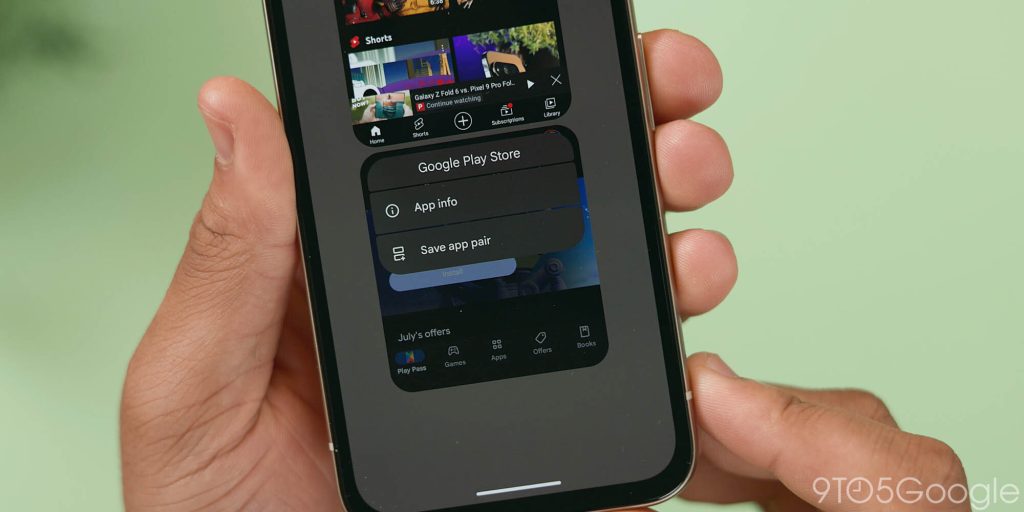
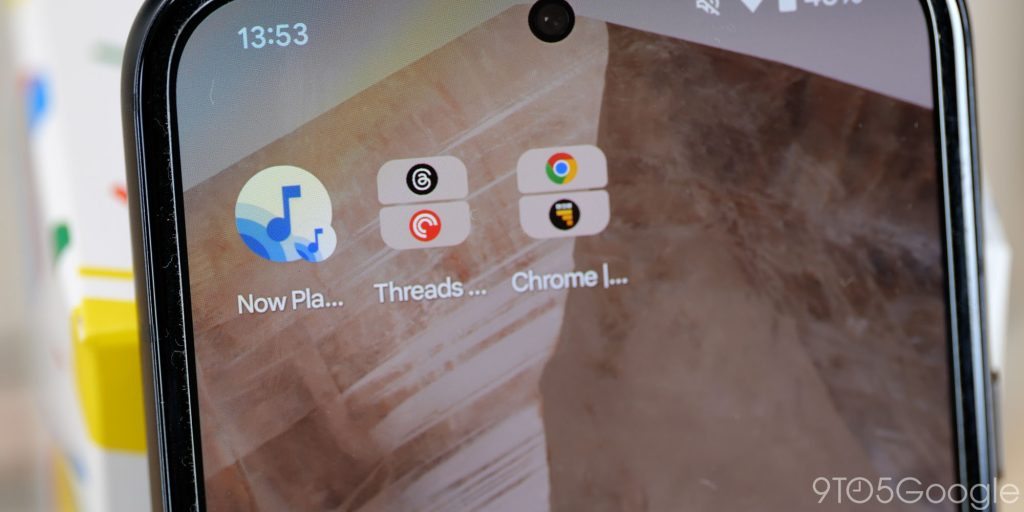
If you would like to use two apps at the same time, then you might want to set up some app pairs. This is a super simple way to quickly launch into split-screen mode but with your favorite apps because you get a homescreen shortcut that will open the apps in a jiffy.
To create an app pair, launch the apps in split-screen mode in your preferred layout. Then, open the Recents app menu and long-press the two app icons towards the top of the status bar. Now select “Save app pair” to add a quick widget to your home screen. The order in which you saved the apps is preserved, but there is no limit to how many pairs you can make.
Circle to Search
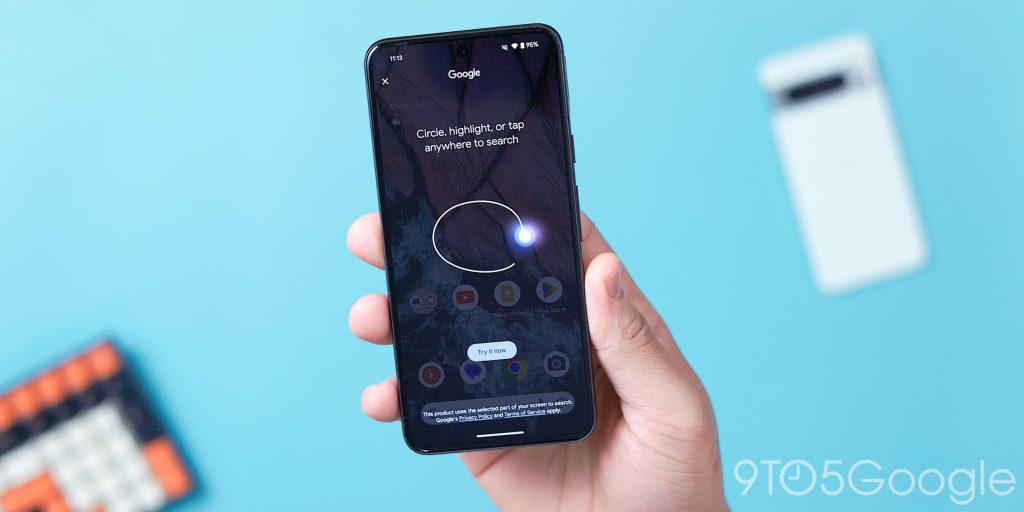
If your Android phone supports this super productive quick search function, you’ll probably get a lot of added utility from Circle to Search that you probably didn’t know you needed. Effectively, this lets you quickly take a photo or screenshot and then use the power of Google Search to work out what is going on, what something is, or where to get more information.
You can use the text queries to help get even more tailored information and learn more about something you’re unsure of. The downside is that Circle to Search isn’t available on all Android phones, but it is more widely available than before.
What features do you use to make your Android phone more productive?
I guess not every one of those features alone would make your Android phone a more productive tool, but they might help reduce distractions or improve the day-to-day experience. Do you have any tips that you want to share? Let us know in the comments section below.
Add 9to5Google to your Google News feed.
FTC: We use income earning auto affiliate links. More.
What’s your reaction?
Love0
Sad0
Happy0
Sleepy0
Angry0
Dead0
Wink0
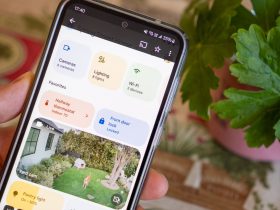
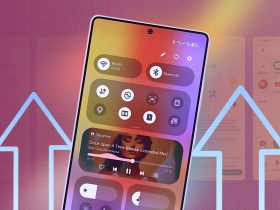

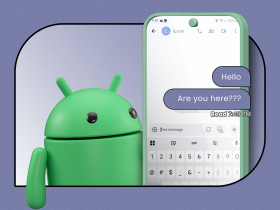
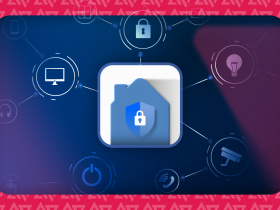

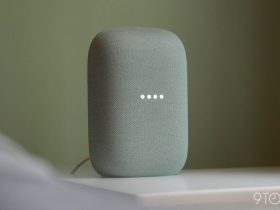
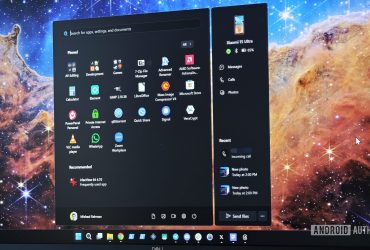
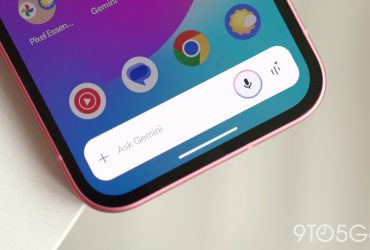
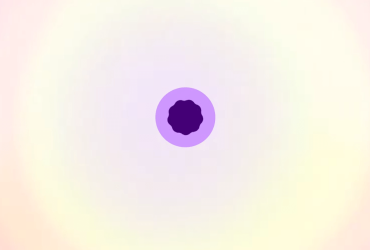
![what’s-new-in-android’s-may-2025-google-system-updates-[u:-5/16]](https://betadroid.in/wp-content/uploads/2025/05/21026-whats-new-in-androids-may-2025-google-system-updates-u-5-16-370x250.jpg)
Leave a Reply
View Comments